Is Having a Cat Good for Mental Health?

Is having a cat good for your mental health?
In this post, we’re delving into an intriguing topic that’s been the subject of numerous studies and discussions - the impact of cats on mental health.
If you’re a cat owner, or considering becoming one, this article is for you.
The Healing Power of Cats
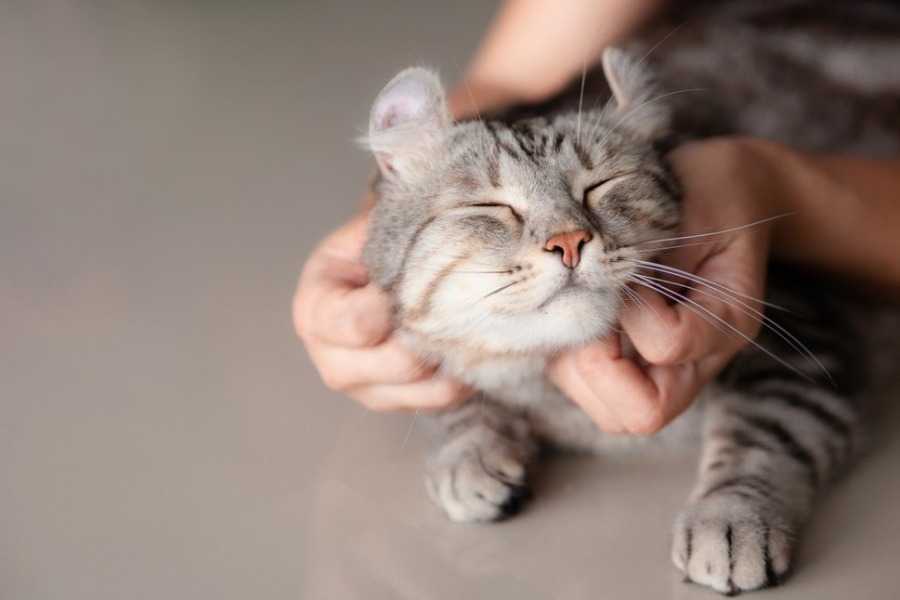
Research shows that pet owners, particularly cat owners, tend to have lower blood pressure, reduced cholesterol, and fewer reports of depression and loneliness.
But the benefits don’t stop there. The changes that a pet brings to your everyday life can have a positive impact on your habits and emotions. Here are some ways having a cat can benefit your mental health:
1. Cats Encourage Activity
Having a cat is a lot of work. From feeding to grooming, these responsibilities can keep you active in your day-to-day life. This physical activity releases chemicals called neurotransmitters in your brain, which can elevate your mood.
Even a short play session with your feline friend can be beneficial for both of you. This is particularly important for individuals who may struggle with sedentary behavior due to mental health issues such as depression.
2. Cats Can Sense When Something Isn’t Right

Cats are instinctual creatures who can often sense the emotional distress of their owners. They tend to be very observant of nonverbal communication. If you start behaving differently, your cat might cuddle up to you or sit next to you for a while, trying to figure out how to make everything better.
This intuitive behavior can provide a sense of comfort and understanding that is invaluable during difficult times.
3. Cats Give You a Reason to Get Out of Bed
Lack of motivation can feel like the end of the world, especially if you’re battling depression. If you have a cat, you have a reason to get out of bed every day.
You may not always feel like you’ve been the most productive, but you make a huge impact on your cat’s life by caring for them and spending time together. This sense of purpose can be a powerful antidote to feelings of worthlessness or despair.
The Comfort of Companionship
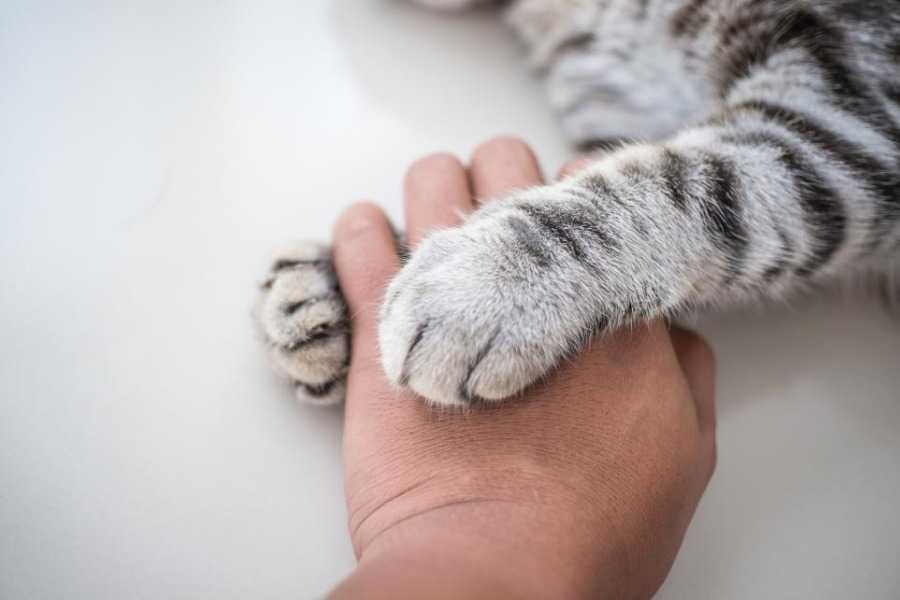
4. With a Cat, You’ll Never Be Lonely
Having a cat means having a companion. Some cats may interact more than others, but you can always spend some time near your cat. They’re great listeners too.
They’ll keep all your secrets safe and they won’t judge you for anything you say or feel. So when you have a cat, remember that you always have someone to talk to. This can be particularly beneficial for individuals who live alone or feel isolated.
5. Cats Can Add Structure and Routine to Your Schedule
Most pet families fall into a kind of routine for feeding, grooming, or even vet appointments. Having set routines ensures that important tasks get done and no one ever has to wonder or worry about when to do them.
Developing the habit of following routines is good for stress management. This can be particularly beneficial for individuals who struggle with anxiety or feelings of chaos in their daily lives.
6. Cats Can Help You Meet Other Pet Owners and Animal Lovers
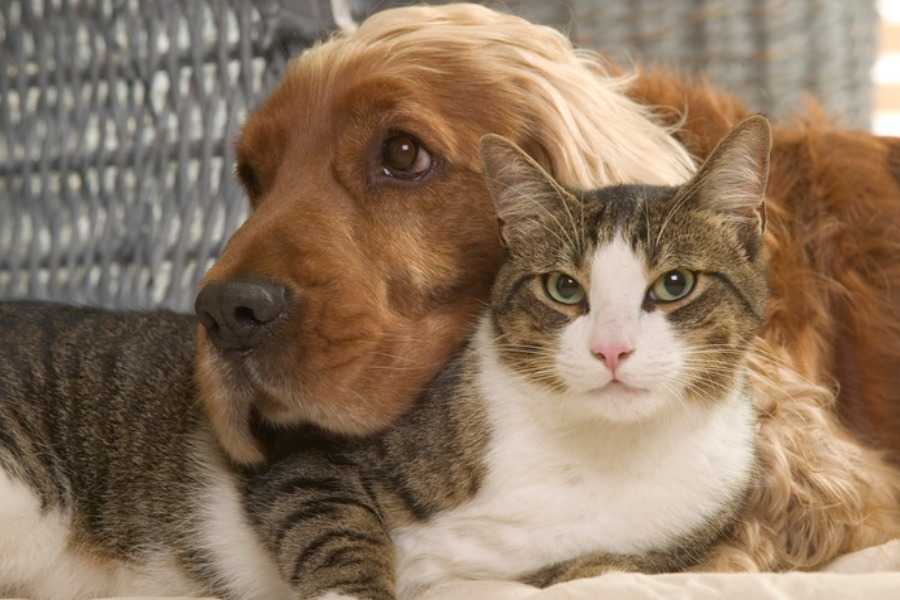
Cats make for great conversation starters and attention grabbers. So don’t feel surprised if you make a few new friends while showing off your own feline friend. They can help ease you into conversation if socializing isn’t your forte.
This can be a great way to expand your social network and find a community of fellow pet lovers who understand the joys and challenges of owning a cat.
7. Cats Help You Live in the Moment
It’s difficult to remain lost in your own thoughts when your cat is in your lap begging for attention. Distractions like these help bring your mind back into focus on the present moment and what’s right in front of you, rather than fixating on worries and negativity.
This can be particularly beneficial for individuals who struggle with anxiety or obsessive thoughts.
The Science Behind Cats and Mental Health
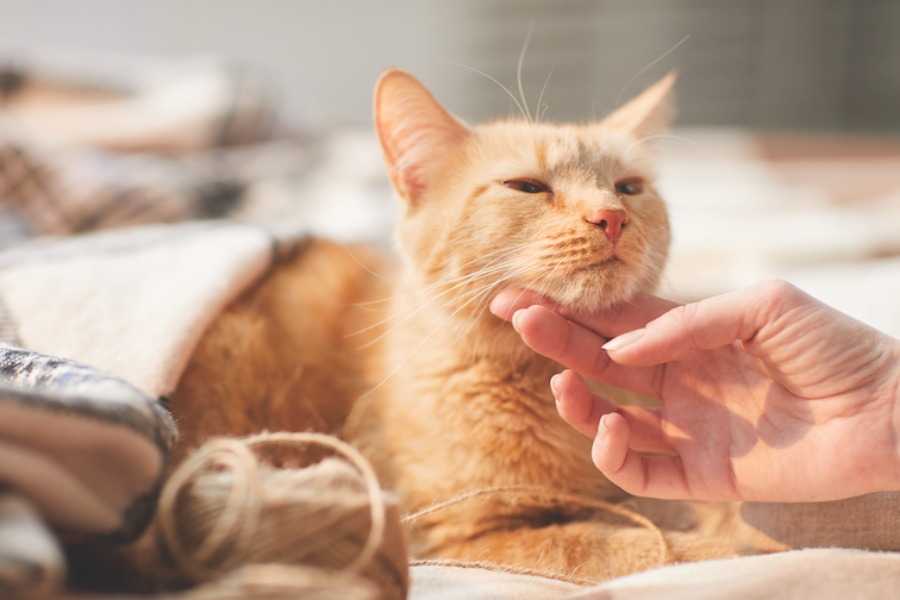
Several scientific studies have explored the relationship between owning a cat and mental health. A study published in the Journal of Vascular and Interventional Neurology found that cat ownership could be beneficial in reducing the risk of heart attacks and strokes.
The purring of a cat creates vibrations at a frequency of 20-140 HZ, a range known to be medically therapeutic for many illnesses.
Cats can also help reduce feelings of loneliness. A study published in Aging & Mental Health found that pet owners were 36% less likely than non-pet owners to report loneliness.
Other research has shown that interacting with pets can increase levels of the stress-reducing hormone oxytocin and decrease the production of the stress hormone cortisol.
Choosing the Right Cat
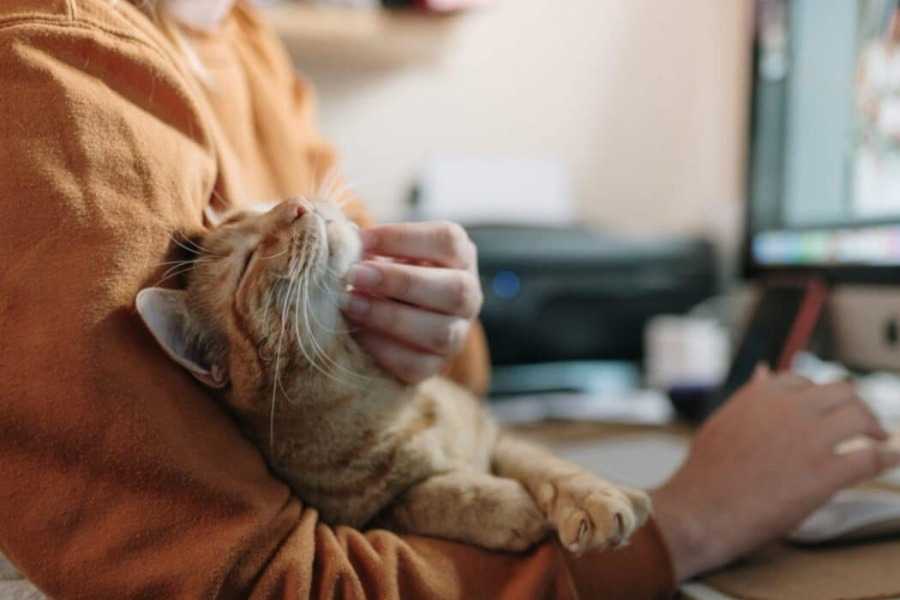
Choosing the right cat is also an important factor. Cats have different personalities, and it’s important to find a cat whose personality matches with yours. For instance, if you’re a quiet person who enjoys calm environments, a relaxed and quiet cat might be a good choice. On the other hand, if you’re energetic and looking for a playful companion, a more active cat might be a better fit.
Remember, owning a cat is a long-term commitment. It’s important to ensure that you’re ready for the responsibility of taking care of a cat before you bring one into your home. If you’re considering getting a cat, check out our article on the 17 Best Cat Breeds for First Time Owners.
Cats and Specific Mental Health Conditions
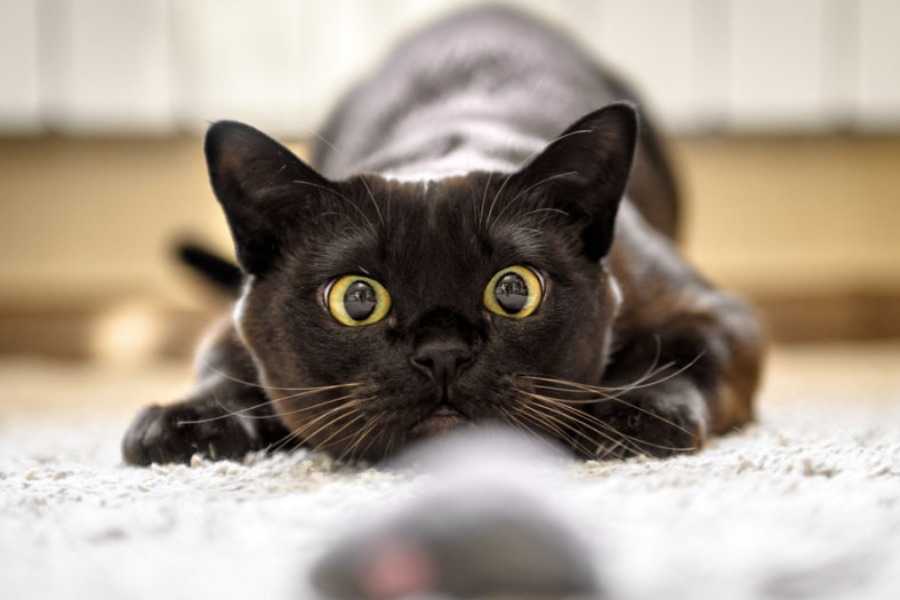
Cats can be particularly beneficial for individuals dealing with specific mental health conditions. For instance:
Depression: The companionship and unconditional love provided by cats can help alleviate feelings of sadness and hopelessness associated with depression. The responsibility of caring for a cat can also provide a sense of purpose and routine, which can be beneficial for individuals dealing with depression.
Anxiety: The presence of a cat can provide a sense of calm and security, which can help reduce feelings of anxiety. The act of petting a cat can also serve as a form of mindfulness practice, helping to ground individuals in the present moment and distract from anxious thoughts.
PTSD: For individuals dealing with Post-Traumatic Stress Disorder (PTSD), cats can provide a sense of comfort and safety. The routine of caring for a cat can also provide a sense of normalcy and stability, which can be particularly beneficial for individuals dealing with the unpredictability and chaos often associated with PTSD.
Practical Tips for Maximizing the Mental Health Benefits of Cat Ownership

To maximize the mental health benefits of owning a cat, consider the following tips:
Spend Quality Time with Your Cat: Make time each day to interact with your cat. This could involve playing with toys, grooming, or simply sitting together.
Take Care of Your Cat’s Health: Ensure your cat is healthy and well-cared for. Regular vet check-ups, a balanced diet, and regular exercise are all important for your cat’s wellbeing - and a healthy cat is more likely to engage in positive interactions with you.
Practice Mindfulness with Your Cat: Use your time with your cat to practice mindfulness. Pay attention to the sensation of your cat’s fur under your hands, the sound of their purr, and their movements. This can help ground you in the present moment and reduce feelings of stress and anxiety.
Final Thoughts

Cats can be wonderful companions that provide numerous mental health benefits. From reducing feelings of loneliness to helping create a routine, cats can play a significant role in improving the mental well-being of their owners.
However, it’s important to remember that while cats can provide emotional support, they’re not a substitute for professional mental health treatment. If you’re struggling with mental health issues, it’s important to seek help from a mental health professional.
Remember, at pawsadviser, our mission is to provide valuable, accurate, and engaging information for pet owners. We’re here to help you make the best decisions for your pets. Stay tuned for more informative articles!
Tags
Share
Table Of Contents
Related Posts
Quick Links

